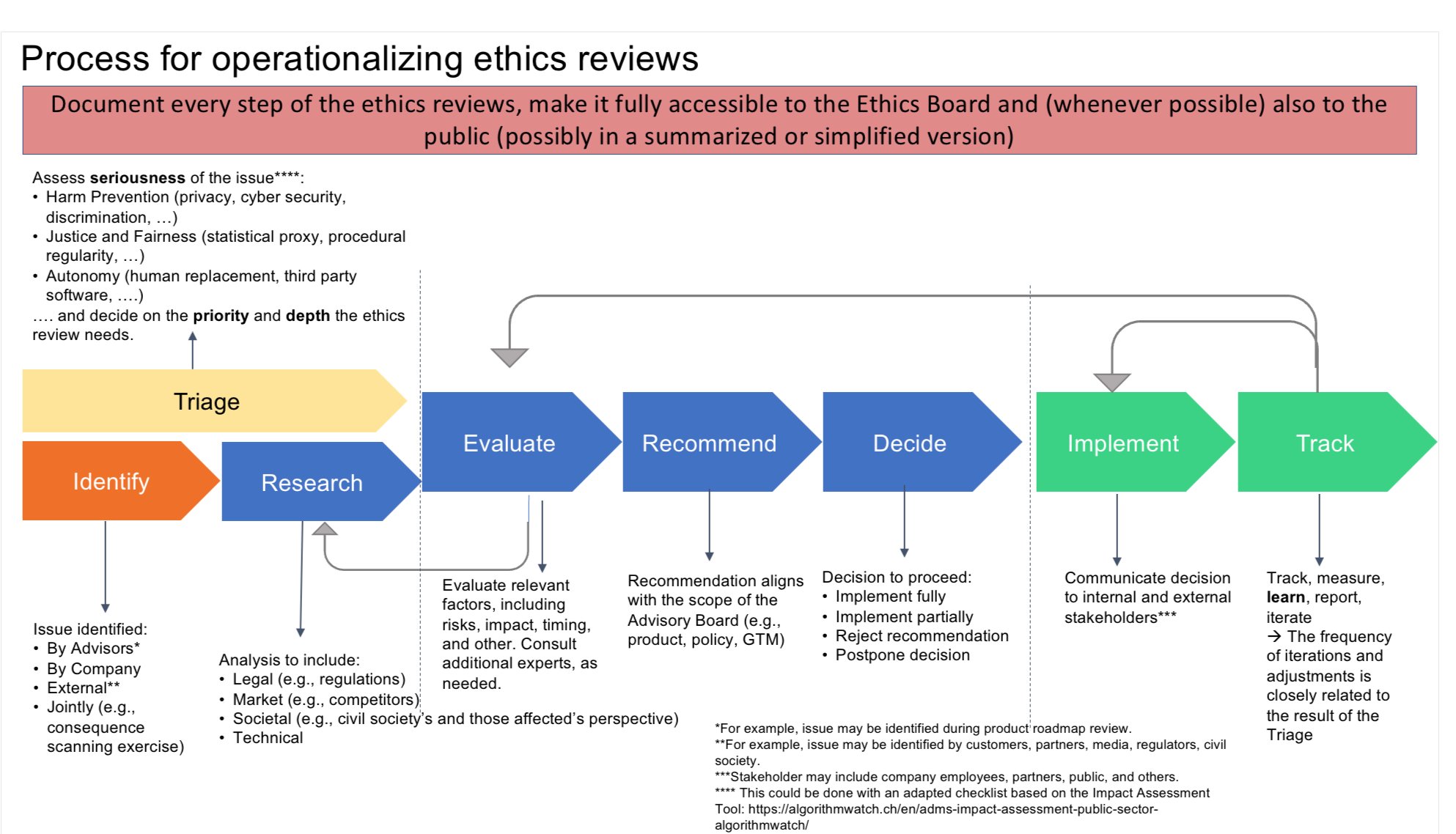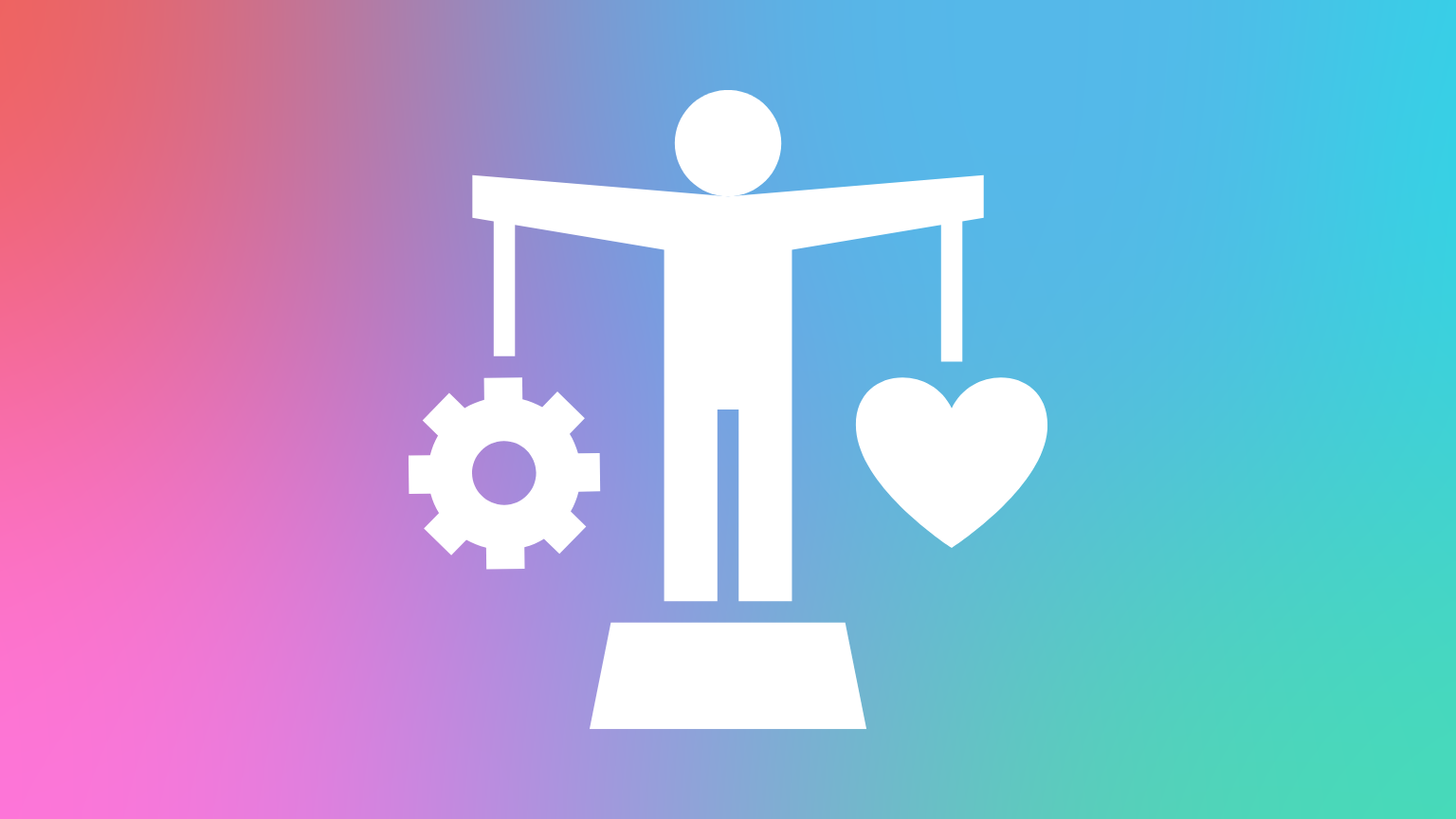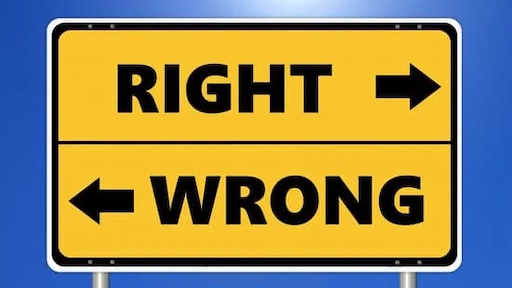Witty Works' Technology Ethics Board
Members of the ethics board

Anna Mätzener
Anna Mätzener is an independent expert for digital ethics with a focus on AI. She holds a PhD in Mathematics from the University of Zürich, where she also minored in Philosophy and Italian Linguistics.
Anna was the managing director of AlgorithmWatch Switzerland, a non-profit research and advocacy organization committed to evaluating and shedding light on algorithmic decision-making processes that have a social relevance. Among other things, she was involved in developing an impact assessment tool for the use of AI in the public sector according to ethical principles. She has also worked in the public sector, namely for the canton of Zürich, in a strategic role concerning the handling of data. One of her tasks was to implement this impact assessment tool when compiling the documentation needed for a public register of AI in use by the public administration.
Anna was also an editor in a scientific publishing company and a teacher for Mathematics.

Lukas Kahwe Smith
Lukas is the CTO & Co-Founder at Witty Works with a degree in computer science from TU Berlin. He did his thesis within the Computer Science & Society department.
Previously he was a partner at Liip AG web consultancy. He also worked at Optaros AG as a senior developer as well as running his own web consulting company.
Lukas was the release manager for PHP 5.3, where he shaped processes for collaboration within the PHP community largely in place today. He was also part of the core team of the popular PHP framework Symfony, where he also created and led the Symfony Diversity Initiative.
But why did Witty Works decide it needed a technology ethics board? How was the board created, its members selected? What can we anticipate to see from the board and more importantly how will it help foster Witty’s mission of an inclusive and equitable society? What are the data ethics principles, and how does the board tackle potential ethics issues?
Why did Witty Works think an ethics board was needed?
The topic of diversity, equity and inclusion requires credibility. We have to make an effort to build trust. In our work on Witty Works products, we're frequently faced with ethical questions and dilemmas, such as how to approach inclusive language or how we build for accessibility. We believe that outside experts are critical to ensure we have the right expertise to handle such questions but more importantly that we are held accountable to deliver on our mission in an ethical manner.
What is the ethics board responsible for?
While we initially set out to create an “AI ethics board”, while setting up the governance we decided to broaden the scope to cover “technology” in general. We use a role based governance system called holacracy at Witty Works, where each role has a clearly defined purpose and accountabilities.
Name: Technology Ethics Board
Purpose: The purpose of the Tech Ethic Board is to provide Witty Works with expert guidance to innovate responsibly.
Accountabilities:
- Reviewing ongoing developments and product roadmap for potential ethical issues
- Advising on how to handle ethical issues
- Publishing relevant information about the ethical board processes and decisions
We build a list of over a dozen candidates based on whom we have seen speak on ethics and contacted them. Roughly half of which responded, which we then all met for an interview. A pattern emerged that suggested that the initial bootstrapping process should be done with 3 outside experts and 2 internal people to ensure these experts can get access to the necessary information and can relay the necessary information to the team.
Furthermore, it became clear that next to knowledge in ethics and AI, we also require expertise in DEI to be able to ensure the board as sufficient understanding of the topic Witty aims to address. Finally, we selected those experts that were most keen on building up the governance initially.
How did you find and choose the members of the ethics board?
When researching how other startups have set up their ethics boards, we didn't find any good examples or templates for startups. So from the very beginning we decided that we wanted to both establish a technology ethics board for Witty Works and share our approach, learnings and templates with other startups.
We built a list of over a dozen experts in technology ethics and DEI. After two months of interviews and consultations, we selected three experts that bring the required expertise and can help us build out and operationalize ethics practice at Witty Works.
What are the data ethics principles? How are they implemented in practice?
The following data ethic principles have been derived from the AlgorithmWatch Impact Assessment Tool. During feature definition and develpment the following questions are answered and any "yes" response automatically flags the feature for a detailed review:
1.1 Enhanced privacy harm: Does the decision deal with special categories of personal data, as defined by applicable legal norms? Does the decision deal with exposing personal data that could be harmful?
1.14 Statistical proxy risk: Does the technical system rely on a statistical model of human behavior or personal characteristics?
1.15 Procedural regularity risk: Is the system designed to be adaptive so that it will not treat all new cases in the same way as those it encountered in the past, because it changes its parameters (e.g., in order to become more efficient)?
The following questions are used in case a detailed assessment is needed to due a "yes" response in the previous questions:
2.2.1 What are further desired outcomes of the system concerning privacy? Consider the issues found in 1.1.
2.2.3 What are further desired outcomes of the system concerning fairness? Consider the issues found in 1.1.
2.8.1 What methodologies have been used to identify the stakeholders directly affected by the system’s predictions/recommendation/decisions? What are the foreseen effects on these individuals?
2.10 What methodologies have been used to define and protect privacy?
2.12 What methodologies have been used to define and measure the bias and fairness of the system?
2.13 How are individual predictions/recommendations/decisions of the system explained to system end-users and individuals affected by the use of the system?
2.18 What are the remaining security and privacy risks and why are they reasonable?
2.19 Please describe relevant unresolved biases or possible sources of unfairness in the system and explain why they cannot be resolved (e.g., by explaining trade-offs with other system goals, including conflicting fairness goals).
2.20 During monitoring, have predictions/recommendations/decisions by the system ever been challenged a) by system end-users? b) by individuals subjected to decisions?
Final Question: Are there any other ethical issues we forgot to consider? How is the public informed about the benefits, mitigations and risks of the feature? Please include your answer to the transparency report as well.
How is the ethics board enabled to become aware of potential ethics concerns?
The ethics board meets once a month for 2 hours. In between the ethics board exchanges via a shared chat channel. There is also a public mailing list ethics@witty.works that all ethics board members receive.
During the monthly meetings, the ethics board is updated on the roadmap and current developments both in the product and also in marketing communication. Particular attenion is put on features that were flagged for a detailed review using our customized version of the AlgorithmWatch Impact Assessment Tool (see the previous FAQ question).
How does the ethics board handle potential ethical concerns?
Any topic that is raised as a potential concern is added to the "ethics logs". There it is triaged by all ethics board members if it needs further research and how urgent it is. Once an item is deemed relevant for further research a lead is assigned and work on the topic begins according to the below process.

What advice do you have for other startups when it comes to innovating responsibly?
Start early with tackling hard ethical issues. Don’t allow the questions to pile up, and suddenly you realize the company you build to advance humanity is actively harmful. We just established our ethics board, so our understanding will evolve a lot over the coming months.
Establish processes that enable the board to stay up to date with developments but more importantly that also enable the entire startup to identify potential ethics issues. Feel free to use our processes as a starting point and please share your experience with the world!
We are happy to talk to any startup about our learnings and share our processes and templates.
How is the public informed about what is going on inside the ethics board?
The best place is to follow exactly this page as we will update any changes to the composition and processes on this page. We will also link relevant blog posts that will be used to create a historical record of the progress and topics worked on.
If users have ethical concerns, to whom can they send their feedback?
We take ethical concerns or suggestions about language rules from our users seriously. There are two ways to send us your feedback. If you would like to suggest ideas about vocabulary, you can do so here.
If you have ethical concerns, you can write to ethics@witty.works.
Some blog posts from our Ethics Board

Blog post
Handbook for Startups: How to Put Ethics Into Practice
In 2022, the ethics board at Witty Works set out to establish ethical standards for startups.

Blog post
Ethics Board Update
It is time we provide an update on the work done by the Witty Works ethics board:

Blog post
Witty Works new Technology Ethics Board
We’re delighted to announce the establishment of a Technology Ethics Board for Witty Works.
